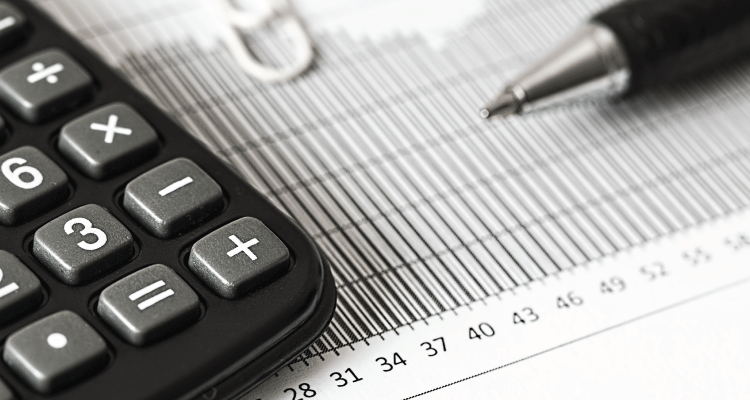 GST stands for Goods and Services Tax, it is a proposed comprehensive indirect tax which would be levied on all goods and services consumed and it will replace all the current different indirect taxes levied by the government on different consumed goods and services. In simple words right now there a number of different taxes levied on goods and services which cause a lot of problems in the economy, hence GST is a uniform tax which will be levied on all goods and services to put an end to these problems.
GST stands for Goods and Services Tax, it is a proposed comprehensive indirect tax which would be levied on all goods and services consumed and it will replace all the current different indirect taxes levied by the government on different consumed goods and services. In simple words right now there a number of different taxes levied on goods and services which cause a lot of problems in the economy, hence GST is a uniform tax which will be levied on all goods and services to put an end to these problems.
The GST Council, in its 22nd Meeting which was held today in the national capital under Chairmanship of the Union Minister of Finance and Corporate Affairs, Shri Arun Jaitley has recommended the following facilitative changes and deferred the reverse charge mechanism.
Reverse charge means the liability to pay tax by the person receiving goods and/or services instead of the person supplying the goods and/or services in respect of specified categories of supplies.
Reverse charges are introduced by the Government normally in unorganized sectors or partly-organized sectors for better tax compliance and coverage. As a person becomes liable to pay tax on reverse charge basis certain provisions such as time of supply, threshold exemptions, availing of input tax credit etc. changes.
Professionals, tax consultants, accountants can use the below links to be updated on Goods and Services Tax
- Tutorials for Goods and Services Tax
- Practice Test on Goods and Services Tax to assess your knowledge
- Certification Course on Goods and Services Tax



